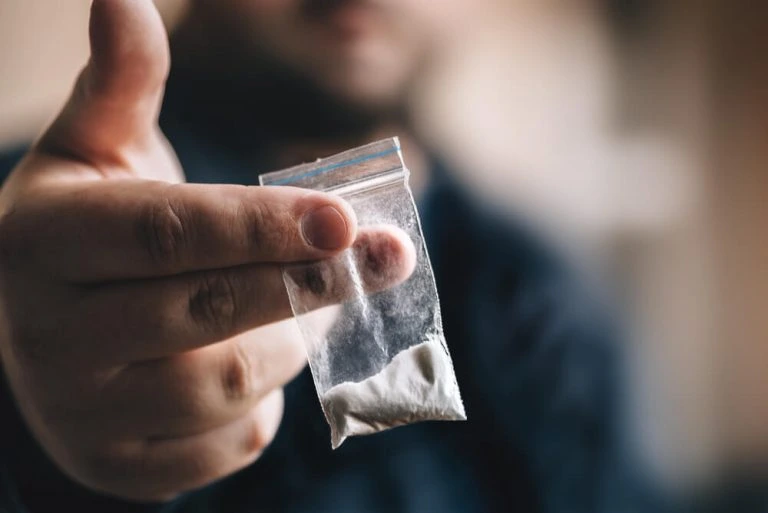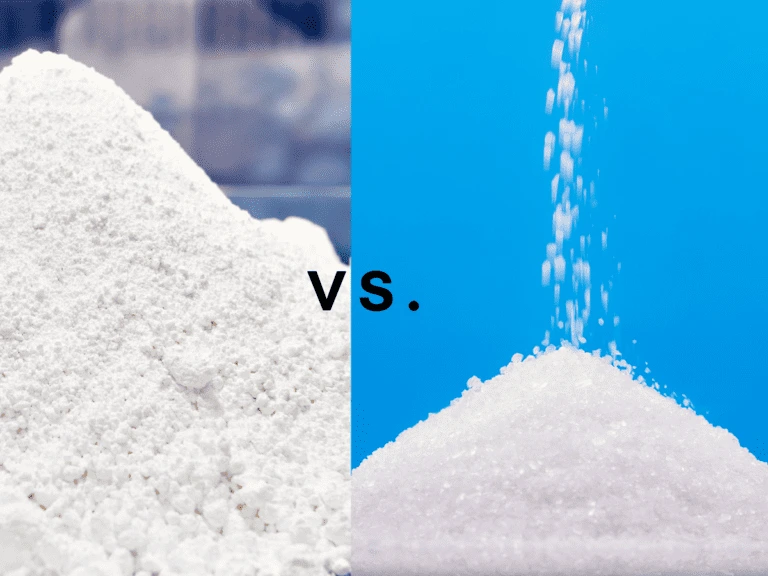Long Term Effects of Cocaine Use
Since 2009, the abuse of cocaine in America has remained relatively the same according to the National Survey on Drug Use and Health. In a more recent 2014 report, around 1.5 million people had used cocaine within the last month. People between the ages of 18 and 25 had the highest rates of cocaine abuse – 1.4 percent of this group of people had a problem with cocaine abuse. The long term effects of cocaine use can often be severe with some of the issues being irreversible. This is why it is important to seek help for an addiction to cocaine as quickly as possible.

Effects of Addiction – Long Term Effects of Cocaine Use
In this article, we will explore what the long term effects of drug abuse on the brain are along with other side effects of cocaine abuse.
What are the Long Term Effects of Cocaine Use?
The more a person abuses cocaine, the higher risk they have of developing the many side effects of cocaine abuse. The duration of the addiction and prior medical conditions also play an important role in the likelihood of these health risks manifesting.
The long term effects of cocaine use are as follows:
- Cardiovascular damage – Cocaine causes a person’s heart rate and blood pressure to elevate beyond what is normal and safe. The damage that this can cause can lead to issues such as blood clots that can cause strokes and pulmonary embolisms among other conditions. They may also experience a tightening of the blood vessels in the chest, causing pain. In some cases, high blood pressure can become a permanent condition. Arrhythmia and tachycardia are other conditions which can occur in cocaine abuse.
- Damage to the mouth and nose – Since most people snort cocaine, there can be considerable damage to the mucous membranes in the mouth and nose area. As such, septal perforations are common.
- Brain damage – The long term effects of drug abuse on the brain can be permanent. Because of how cocaine constricts blood vessels toward the brain, the organ can lack oxygen, which can lead to brain damage. Damage to these vessels can also lead to a brain aneurysm. Seizures, cerebral vasculitis and hyperpyrexia are some of the other issues that can affect a person’s brain if they abuse cocaine. Areas of the brain that control decision making, attention and vocabulary can be damage, leading to several problems. Mood disorders are common. Extended use of cocaine can also cause conditions similar to the disease Alzheimer’s.
- Liver damage – The liver is the organ that tries to filter out toxins from the body. The long term effects of cocaine use on the liver can actually lead to liver failure in rarer cases. Since people often abuse alcohol with cocaine to extend the effects, liver damage is common.
- Kidney damage – Because of the increase in blood pressure caused by cocaine abuse, it can cause kidney damage. Every system in the body suffers from high-blood pressure and a lack of oxygen, but few organs suffer as much as the kidneys. Rhabdomyolysis is a condition caused by cocaine abuse over the long term. The toxins released from this condition build up in the kidneys and liver, causing damage.
When it comes to the long term effects that substances such as cocaine can cause to an addict, the sooner the abuse stops, the better it is for the person’s health. Call Better Addiction Care today at (800) 429-7690 to get professional help for substance abuse.








